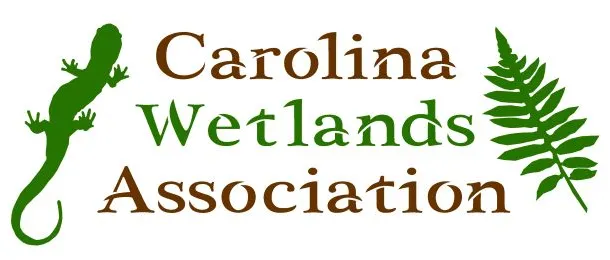
By Rick Savage – Carolina Wetlands Association
On August 29, 2023, the U.S. Environmental Protection Agency (EPA) and the Department of the Army announced a final rule that amends the January 2023 definition of “waters of the United States” (WOTUS). The amendments conform the January 2023 definition to the U.S. Supreme Court’s decision in Sackett and will take effect immediately upon publishing in the Federal Register (likely to happen within two weeks). To read the pre-publication version of the revised final rule, go to Pre-publication Version of the Final Rule – Amendments to the Revised Definition of Waters of the United States (epa.gov).
While exact details are yet to be digested, the gist of the ruling is becoming clear. First, the significant nexus rule has been eliminated; so isolated wetlands are not jurisdictional wetlands, meaning they are not protected under the Clean Water Act. Second, the new rule requires visual evidence of a continuous surface flow between a wetland and navigable water. This part of the rule can get complicated as to what constitutes visual evidence of continuous surface flow. I am sure that this will cause a lot of confusion and some developers will say there is no continuous surface flow and impact the wetland with a permit.
Suffice it to say, this puts wetlands in North and South Carolina in jeopardy. The NC Department of Environmental Quality has estimated about 2.5 million acres of wetland have lost protection in North Carolina and I am sure a similar number in South Carolina. The NC legislature could have continued to protect these wetlands; however, the recently passed Farm Bill eliminated state protection of isolated wetlands.
We all need to brace ourselves for a lot of wetland loss and they are the very resource we need to protect our communities from flooding. I think it is reasonable to expect more communities to get flooded, to have less clean water, and to have reduced climate resilience as well as miss the many other benefits that our wetlands provide.
So go out an explore a wetland (before it gets developed?).
